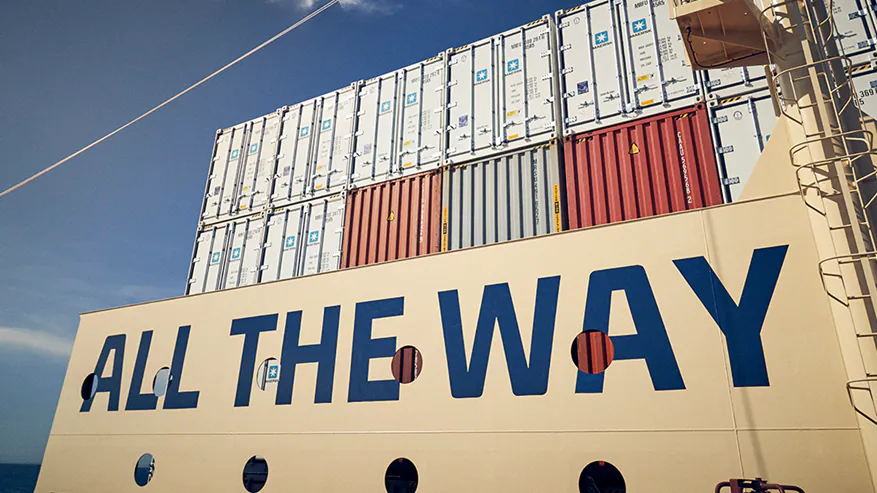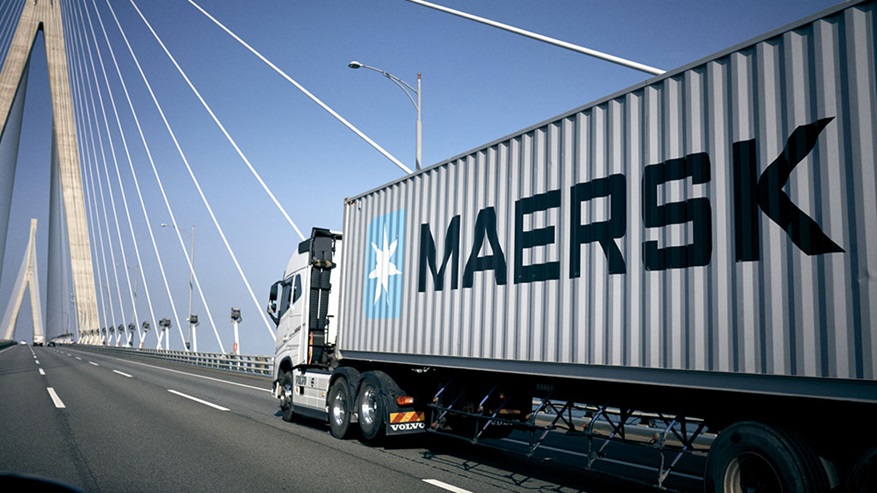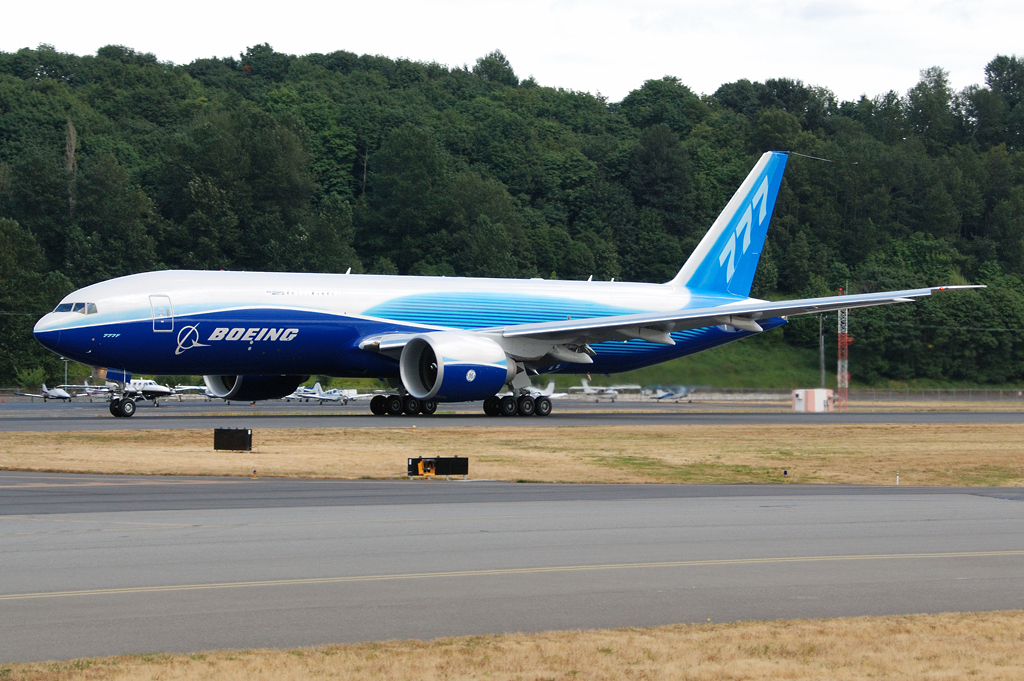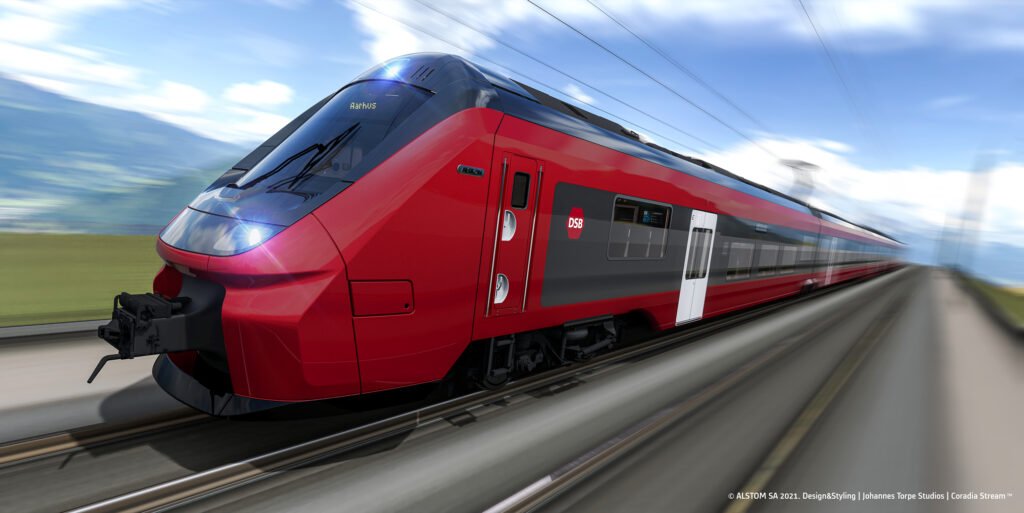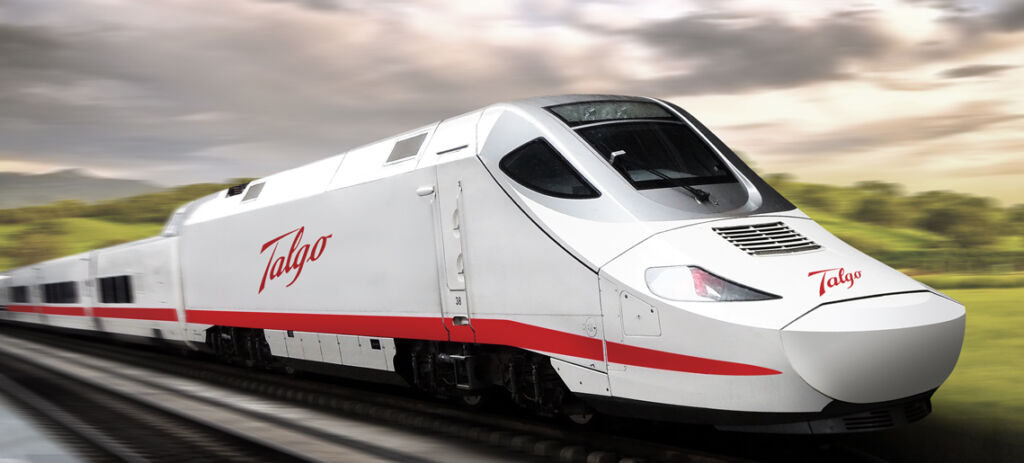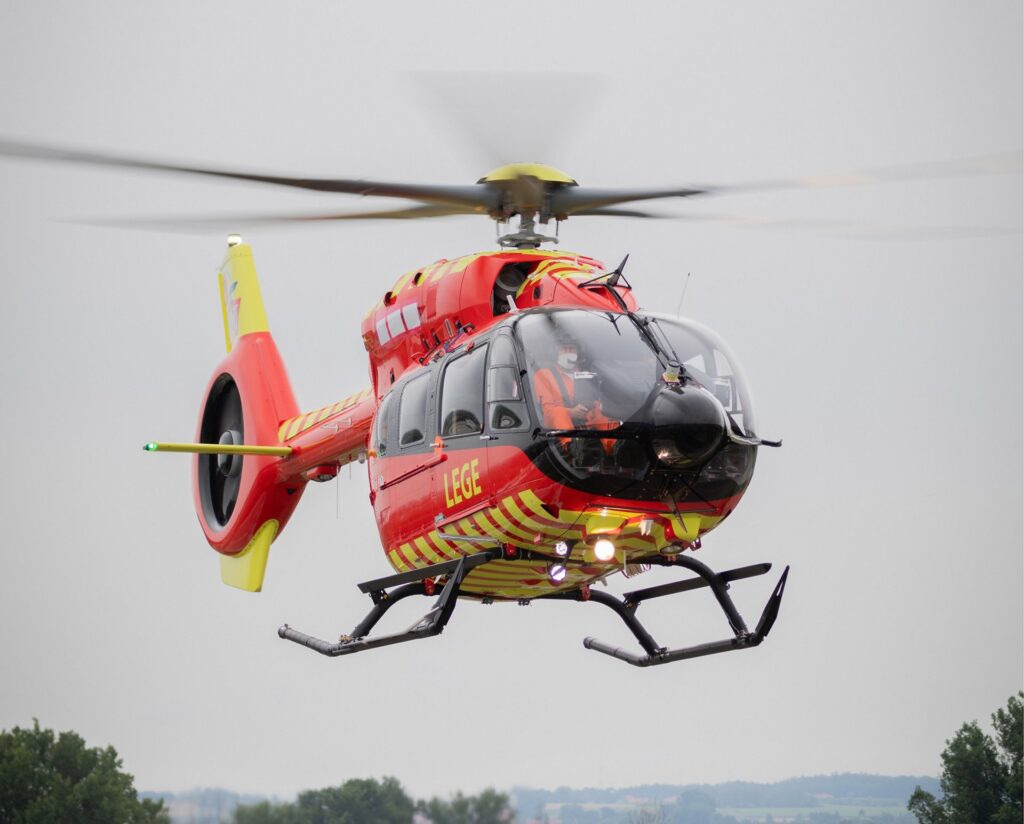Maersk signs deal with Starlink for its ocean fleet
Copenhagen, Denmark, October 12, 2023 – A.P. Moller - Maersk (London: 0O77) is embarking on a collaboration with Starlink, the pioneering satellite internet constellation developed by Space Exploration Technologies Corp., commonly referred to as SpaceX. SpaceX…
